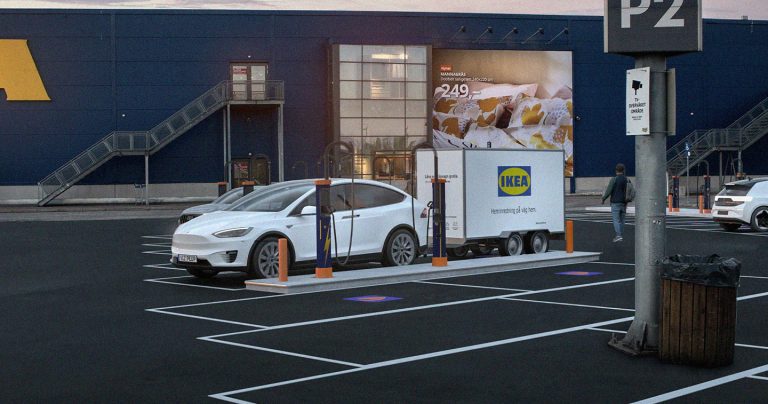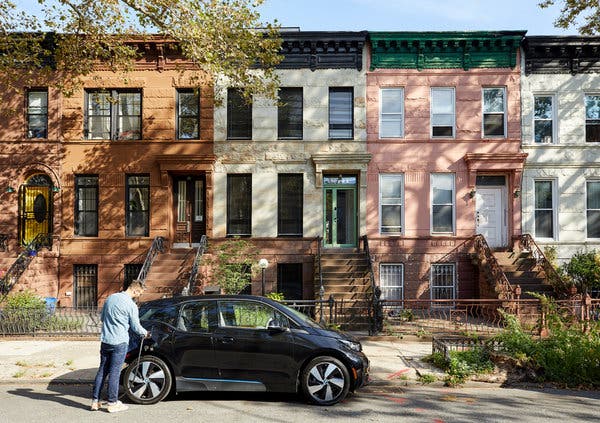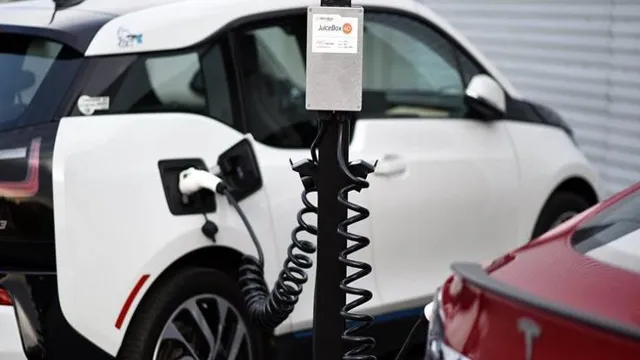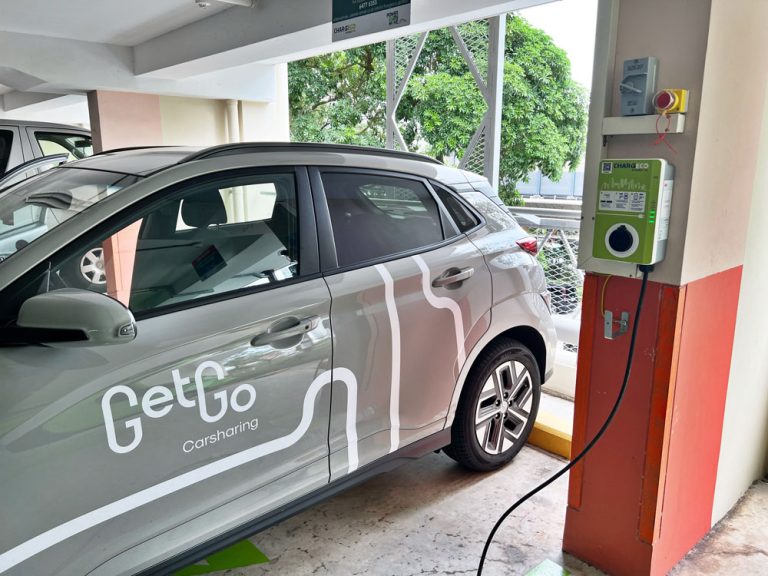Electric Car Charger Installation Cost : What You Need to Know
As electric vehicles (EVs) become more popular, the need for reliable and efficient charging infrastructure is on the rise. Whether you are a homeowner, a business owner, or a property manager, installing an electric car charger can be a valuable investment. However, one of the primary concerns for many people considering electric car charger installation is the cost.

Credit: www.jdpower.com
Factors Affecting Electric Car Charger Installation Cost
The cost of installing an electric car charger can vary depending on several factors. Some of these factors include:
- Type of Charger: There are different types of electric car chargers, including Level 1, Level 2, and DC fast chargers. Level 1 chargers are the most basic and are typically the least expensive to install, while DC fast chargers are the most expensive due to their higher power output and specialized installation requirements.
- Electrical Panel Capacity: The capacity of your existing electrical panel may need to be upgraded to accommodate the increased power demand of an electric car charger. Upgrading the electrical panel can add to the overall installation cost.
- Distance from Electrical Panel to Charging Location: If the distance between your electrical panel and the desired charging location is significant, additional wiring and installation work may be required, which can increase the installation cost.
- Permitting and Inspection Costs: Depending on your local regulations, obtaining permits and scheduling inspections for the installation of an electric car charger may add to the overall cost.
- Labor Costs: The complexity of the installation, as well as the rates charged by the electrician or installation professional, will contribute to the total installation cost.
Estimating Installation Costs
While the specific cost of installing an electric car charger can vary greatly based on individual circumstances, it is possible to provide some general estimates for different scenarios.
| Charger Type | Estimated Cost Range |
|---|---|
| Level 1 Charger | $300 – $600 |
| Level 2 Charger | $600 – $1,200 |
| DC Fast Charger | $10,000 – $40,000 |
It’s important to note that these estimates are rough ranges and actual costs can vary significantly based on the factors mentioned earlier.
Cost Savings and Incentives
Despite the initial investment, there are potential cost savings and incentives to consider when installing an electric car charger. These may include:
- Tax Credits or Rebates: Many governments offer tax credits or rebates to offset the cost of electric car charger installation, making it more financially feasible for homeowners and businesses.
- Energy Savings: Charging an electric vehicle at home during off-peak hours can result in lower electricity costs compared to refueling with gasoline.
- Increased Property Value: Installing an electric car charger can increase the appeal and value of a property, which may be advantageous for homeowners and commercial property owners.
Choosing the Right Installer
When considering electric car charger installation, it’s crucial to work with a qualified and experienced professional. Make sure to request quotes from multiple installers, verify their credentials, and inquire about warranties and ongoing support. While cost is an important factor, prioritizing quality and reliability in the installation process can ensure long-term satisfaction with your electric car charging solution.
Final Thoughts
Before committing to electric car charger installation, it’s essential to research the costs, benefits, and potential savings associated with the decision. By understanding the factors that influence installation costs and exploring available incentives, you can make an informed choice that aligns with your budget and long-term goals. Investing in a reliable electric car charger can not only enhance convenience but also contribute to a more sustainable and eco-friendly lifestyle.






